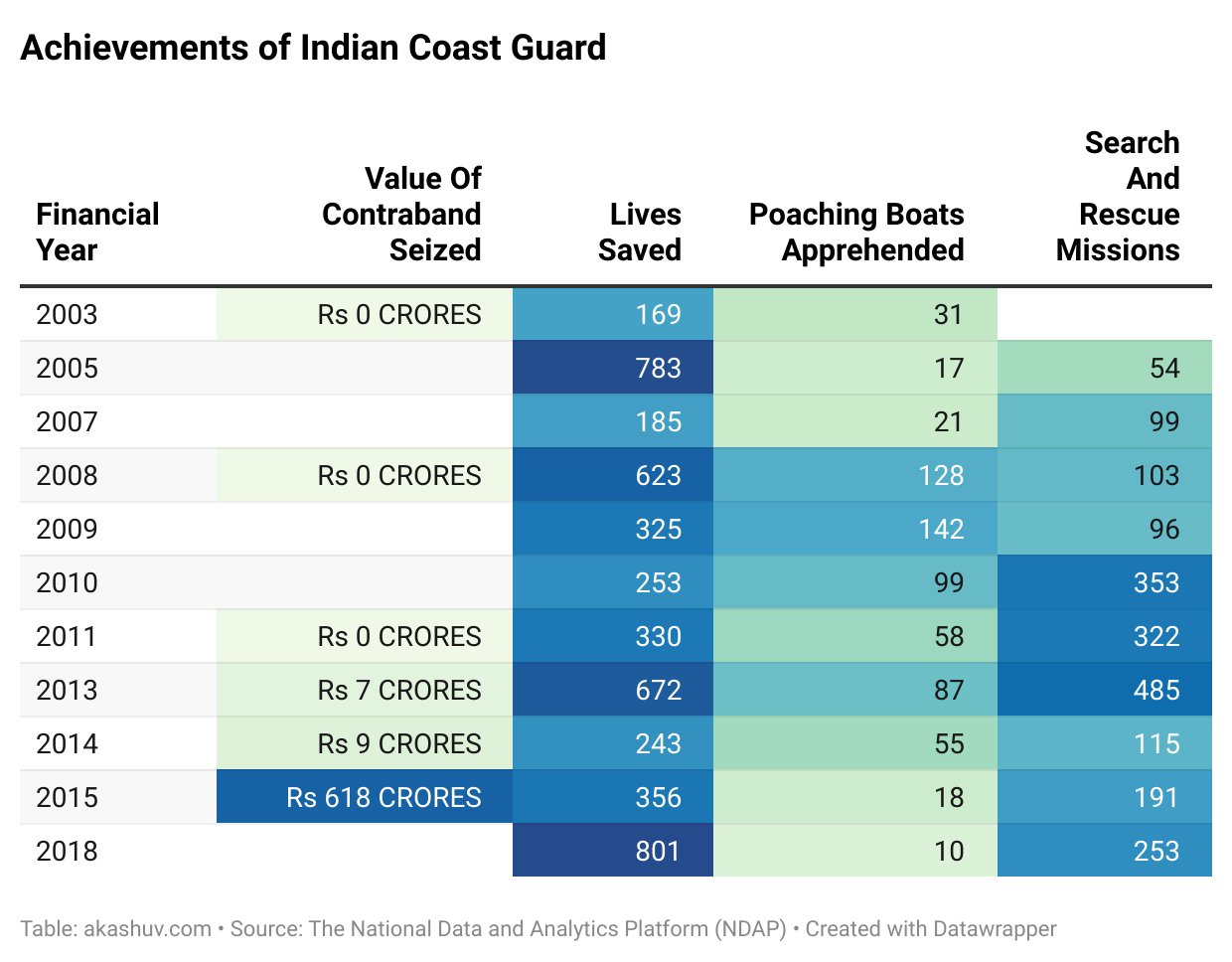The pursuit of an MBA degree has never been more accessible, thanks to the rapid growth of online education. However, with this abundance of choices comes the challenge of selecting the perfect program tailored to your career goals, personal commitments, and learning preferences. This guide offers a step-by-step approach to help you navigate the decision-making process effectively.
Introduction
Deciding to pursue an MBA is a pivotal step in your career journey. Online MBA programs provide the flexibility to learn from top institutions without relocating or pausing your professional life. However, not all online MBAs are created equal. This article will guide you in identifying programs that align with your aspirations while delivering quality education and value.
1. Understand the Importance of Accreditation
Accreditation is the cornerstone of any quality MBA program. It ensures that the institution meets specific educational standards and that your degree will be recognized by employers.
Key Accreditation Bodies
- AACSB (Association to Advance Collegiate Schools of Business): A prestigious accreditation held by top-tier business schools globally.
- AMBA (Association of MBAs): Primarily focused on postgraduate management programs.
- EQUIS (European Quality Improvement System): A European standard ensuring academic and professional rigor.
- Regional Accreditation: In the U.S., programs must also be regionally accredited to ensure legitimacy and facilitate credit transfers.
Tip: Verify a program’s accreditation through the school website or accrediting body directories to avoid non-recognized or diploma mills.
2. Define Your Selection Criteria
Choosing an online MBA involves evaluating multiple factors.
Reputation and Ranking
Refer to trusted rankings like:
- U.S. News & World Report
- Financial Times MBA Rankings
These rankings consider faculty quality, career outcomes, and alumni networks.
Curriculum and Specializations
Does the program offer courses aligned with your career goals? Popular specializations include:
- Finance
- Marketing
- Entrepreneurship
- Business Analytics
- Healthcare Management
For example, if you’re keen on entrepreneurship, prioritize programs with strong innovation and startup tracks.
3. Align with Personal Goals and Career Growth
Your online MBA should act as a launchpad for your career advancement.
Career Services and Networking Opportunities
- Look for programs with strong alumni networks and virtual networking events.
- Some schools offer career coaching or mentorship programs as part of their online offerings.
Employer Recognition
If you’re pursuing an MBA to climb the corporate ladder, verify if the program is respected in your industry. Engage with alumni or check LinkedIn profiles of graduates.
4. Evaluate Program Flexibility
Flexibility is one of the biggest advantages of online MBAs. Consider:
- Part-time vs. Full-time: Decide based on your work and life commitments.
- Synchronous vs. Asynchronous Learning:
- Synchronous: Real-time classes with live interactions.
- Asynchronous: Pre-recorded lectures for self-paced study.
- Modular Learning: Some programs allow students to pause their studies and resume later.
5. Technology and Support
Ensure the program is technologically robust:
- Access to user-friendly learning platforms (e.g., Blackboard, Canvas).
- Availability of 24/7 IT support to minimize disruptions.
- Tools like virtual whiteboards, discussion forums, and mobile app access for seamless learning.
6. Cost and ROI Analysis
An online MBA is a significant investment. Make sure you evaluate:
- Tuition Costs: Compare programs and look for scholarships or financial aid options.
- Hidden Costs: Factor in application fees, technology fees, and travel costs (if residencies are required).
- Return on Investment (ROI): Analyze post-MBA salary boosts and career prospects to ensure the program pays off in the long run.
Tip: Websites like Scholarship.com or the program’s financial aid office can help you explore funding options.
7. Explore Real-World Examples
Some highly regarded programs:
- Harvard Business School Online: Famous for its case-study method, offering real-world business problem-solving.
- Indiana University (Kelley School of Business): Blends flexible scheduling with high employer recognition.
- Arizona State University (W.P. Carey): Recognized for affordability and career development services.
Challenges of Online MBAs
Despite their benefits, online MBA programs face some challenges:
- Credibility Concerns: Although perceptions are improving, some employers still prefer traditional degrees.
- Technical Issues: Ensure stable internet access and proficiency with digital tools.
- Self-discipline: Online learning requires high levels of motivation and time management.
FAQs
1. Are online MBAs as valuable as traditional MBAs?
Yes, especially those from accredited institutions. Employers increasingly recognize the skills and knowledge gained from online programs.
2. How can I balance an online MBA with a full-time job?
Choose part-time, asynchronous programs that allow flexible scheduling. Use time-management tools to stay on track.
3. What industries value online MBAs?
Fields like consulting, tech, finance, and healthcare management highly value MBAs from reputed programs, regardless of the delivery mode.
Conclusion
Selecting the right online MBA program is about aligning your career aspirations with a program that offers quality, flexibility, and ROI. By considering accreditation, curriculum, flexibility, and career services, you can make an informed choice that sets you up for long-term success.
Call to Action
Subscribe to our newsletter for updates on business education trends and scholarship opportunities.
Explore our detailed guide on Top MBA Specializations to understand which path suits you best.











Leave a Reply